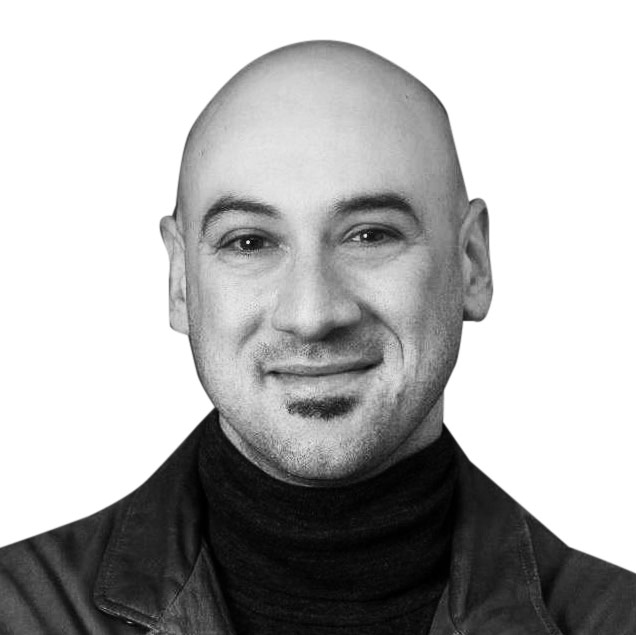World
Darren McCollester/Getty
Fleeing Pogroms to Fight Nazis: My Family's Secret Refugee Past
Immigrant Nation
A descendent of Ukrainian refugees and World War II camp liberators sees in his family's history an answer to rising anti-immigrant sentiment.

Trending Now





